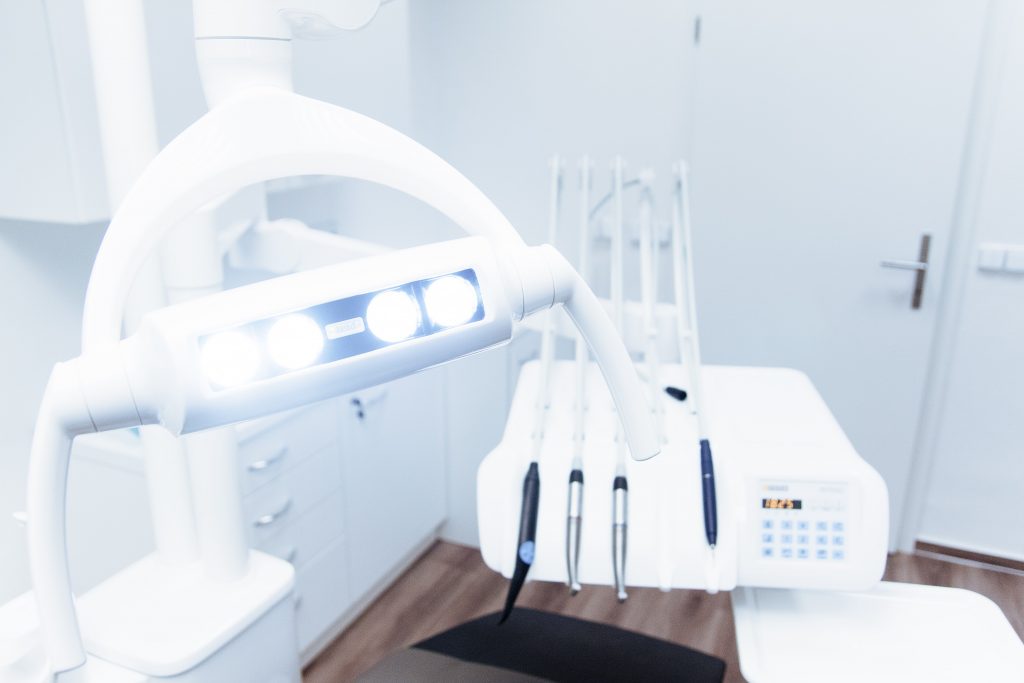Mercury Fillings: Are They Dangerous For Health?
Mercury dental amalgam: what is it?
Used to fill decayed teeth for over 150 years, dental amalgam results from the cold reaction of liquid mercury on a metal powder which leads to the formation of a solid crystallized alloy (silver-mercury or tin-mercury) . Renowned for its antibacterial qualities, durability, ease of use and low cost, it has long been the preferred solution in dentistry.
But quickly, this use raised questions about the safety of chronic exposure to mercury. Proportional to the number of fillings in the mouth, the release of mercury can occur during the condensation , polishing , installation and wear of amalgams.

No mercury for pregnant women and children under 15
A European regulation dated May 17, 2017 banned the use of mercury dental amalgam for pregnant and breastfeeding women and children under 15 years old . This ban came into effect on July 1, 2018. The only exception is cases where the dental surgeon considers this use ” strictly necessary because of the patient’s specific medical needs “.
From July 1, 2019, if a dentist deems mercury necessary, they should use pre-dosed capsules instead of bulk mercury .
Mercury amalgam: what are the health dangers?
According to the Association No au Mercure Dentaire , amalgam creates vapors, part of which is absorbed by the lungs . Mercury passes into the blood, crosses the blood-brain barrier and accumulates in the brain . It also crosses the placenta. The mercuric ions that escape from the amalgam accumulate in several organs, including the kidneys .
Some studies have long pointed to a link between dental mercury amalgam and certain diseases such as multiple sclerosis , Parkinson’s disease or Alzheimer’s disease . In a report published in 2015, the National Agency for Medicines and Health Products Safety (ANSM) stated that ” the lack of objective data and the absence of convincing arguments do not allow a definitive ruling on the neurological risks or multiple sclerosis, neither on the impact on renal function, nor on a possible deleterious role on the health of children and adults, nor on the benefits of removing amalgam “.
The measures taken then fall under the precautionary principle . In France in particular, mercury amalgams have been contraindicated for pregnant and breastfeeding women and people with kidney disease for a long time .
An environmental impact
Another problem with dental mercury amalgams is the environmental impact . French dentists who remove amalgam must use a dedicated recuperator to treat the residues. They are then placed in a cassette which will be collected by a specialized company twice a year.
Reminder of the rules of good practice
In 2003, already alerted by statements from people who presented disorders which they attributed to the presence of dental amalgam, the French Agency for the Safety of Health Products (Afssaps) had set up a working group, composed of 14 independent experts. Their recommendations made public in 2005 recalled the regulatory provisions and precautions for the use of dental amalgam. They specify the rules of good practice and hygiene in the dental office:
Avoid placing dental amalgams in the direct vicinity of other metal restorations so as not to increase the risk of corrosion;
The lightening of posterior teeth with amalgam is also not recommended ;
Finally, the importance of prevention in the treatment of caries is underlined because despite the decrease in the number of caries in children and adolescents, 80% of caries lesions can be avoided in this population.
Prevention requires a good brushing , a varied diet that avoids snacks and sweets, sometimes the intake of fluoride and fissure sealing .
In addition, the rate of decay increases for the elderly who present cavities of the neck. Located on the part of the tooth on which dental plaque is most easily formed, these cavities are difficult to treat with amalgam fillings. Experts therefore believe that a prevention policy must also be implemented in the elderly . In this regard, the Minister of Health intends to provide people over the age of 60 from 2006 with a clinical oral-dental check-up (100% covered) followed by an interview and advice in order to prepare the conditions for ‘healthy aging.

Leave a Reply